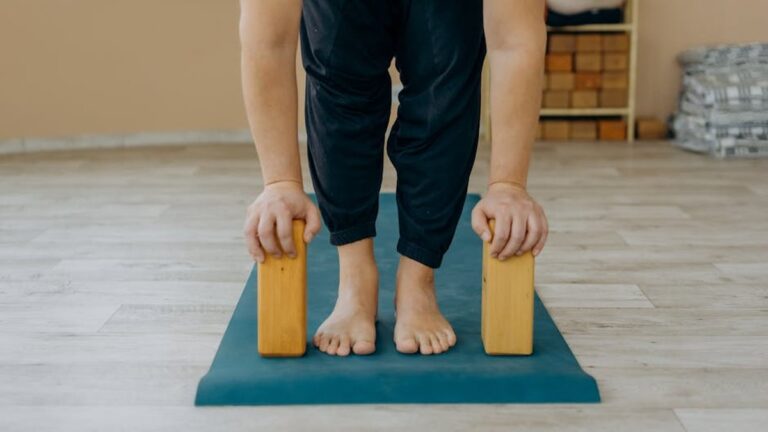Social Media Detox: Reducing Screen Time for Improved Mental Health and Productivity
The Allure and the Pitfalls of Social Media
In today’s digital age, social media has become an integral part of our lives. It connects us with friends and family, provides access to information, and offers platforms for self-expression. However, the constant connectivity and exposure to curated content can also have detrimental effects on our mental health and productivity. The endless scroll, the comparison game, and the fear of missing out (FOMO) can lead to anxiety, depression, and a general feeling of inadequacy.
What is a Social Media Detox?
A social media detox is a conscious and intentional break from social media platforms. It’s a period of time where you significantly reduce or completely eliminate your use of platforms like Facebook, Instagram, Twitter, TikTok, and others. The goal is to disconnect from the digital world to reconnect with yourself, your surroundings, and your real-life relationships.
Why Consider a Social Media Detox?
There are numerous benefits to taking a break from social media. Here are a few key reasons to consider a detox:
Improved Mental Health
Constant exposure to social media can contribute to:
- Anxiety and Depression: Seeing curated and often unrealistic portrayals of others’ lives can trigger feelings of inadequacy and low self-esteem.
- FOMO: The fear of missing out can lead to feelings of anxiety and the need to constantly check social media.
- Cyberbullying: Social media platforms can be breeding grounds for online harassment and bullying.
- Sleep Disturbances: The blue light emitted from screens can interfere with sleep patterns.
A detox allows you to escape these triggers and focus on your own well-being.
Increased Productivity
Social media is a major time-waster. A quick check here and there can easily turn into hours of mindless scrolling. By reducing your social media use, you can:
- Free up time: Reclaim valuable time that can be used for more productive activities.
- Improve focus: Reduce distractions and improve your ability to concentrate on tasks.
- Boost creativity: Disconnecting from the constant stream of information can allow your mind to wander and spark new ideas.
Enhanced Real-Life Relationships
Social media can sometimes replace genuine human interaction. A detox can help you:
- Strengthen existing relationships: Spend more quality time with loved ones in person.
- Reconnect with yourself: Take time for self-reflection and activities that bring you joy.
- Experience the world around you: Be more present in the moment and appreciate the beauty of your surroundings.
How to Conduct a Successful Social Media Detox
Here are some practical tips to help you successfully detox from social media:
Set Clear Goals and Boundaries
Before you begin, define your goals for the detox. What do you hope to achieve? How long will the detox last? Set specific boundaries, such as which platforms you will avoid and how much time you will spend on other digital activities. For example, you might decide to completely abstain from Instagram and Facebook for a week, while limiting your email checking to twice a day.
Prepare Your Support System
Let your friends and family know that you’re taking a break from social media. This way, they won’t be surprised if you’re not responding to messages immediately. Having a support system can help you stay motivated and accountable.
Find Alternative Activities
Identify activities that you enjoy and that will keep you occupied during the detox. This could include:
- Reading a book
- Spending time in nature
- Exercising
- Pursuing a hobby
- Connecting with friends and family in person
Fill your time with activities that nourish your mind, body, and soul.
Remove Temptations
Consider deleting social media apps from your phone or logging out of your accounts on your computer. You can also use website blockers to prevent yourself from accessing social media sites. Making it more difficult to access social media can help you resist the urge to check it.
Track Your Progress
Keep a journal to track your progress and reflect on your experiences during the detox. Note any challenges you face, any benefits you experience, and any insights you gain. This will help you stay motivated and learn from the experience.
After the Detox: Reintroducing Social Media Mindfully
After your detox, consider how you want to reintroduce social media into your life. Don’t simply revert to your old habits. Be mindful of how you use social media and set healthy boundaries. Consider the following:
- Limit your time: Use timers or apps to restrict your social media use.
- Be selective: Unfollow accounts that make you feel negative or inadequate.
- Engage intentionally: Focus on connecting with people you care about and consuming content that is meaningful to you.
- Prioritize real-life interactions: Make time for face-to-face interactions with loved ones.
Conclusion
A social media detox can be a powerful tool for improving your mental health and productivity. By taking a break from the digital world, you can reconnect with yourself, your relationships, and your surroundings. While it may seem daunting at first, the benefits of a social media detox are well worth the effort. So, take a deep breath, power down your devices, and embark on a journey of self-discovery. You might be surprised at how much better you feel.






